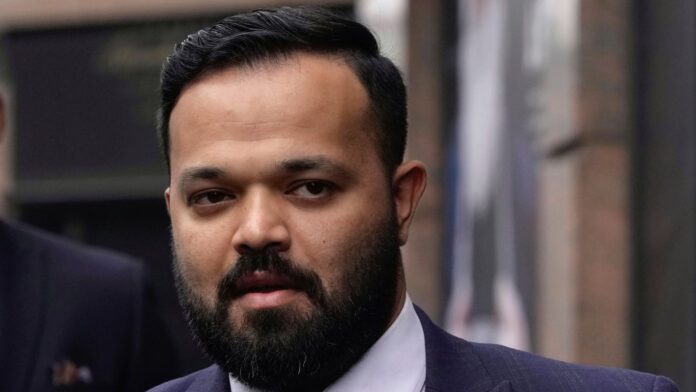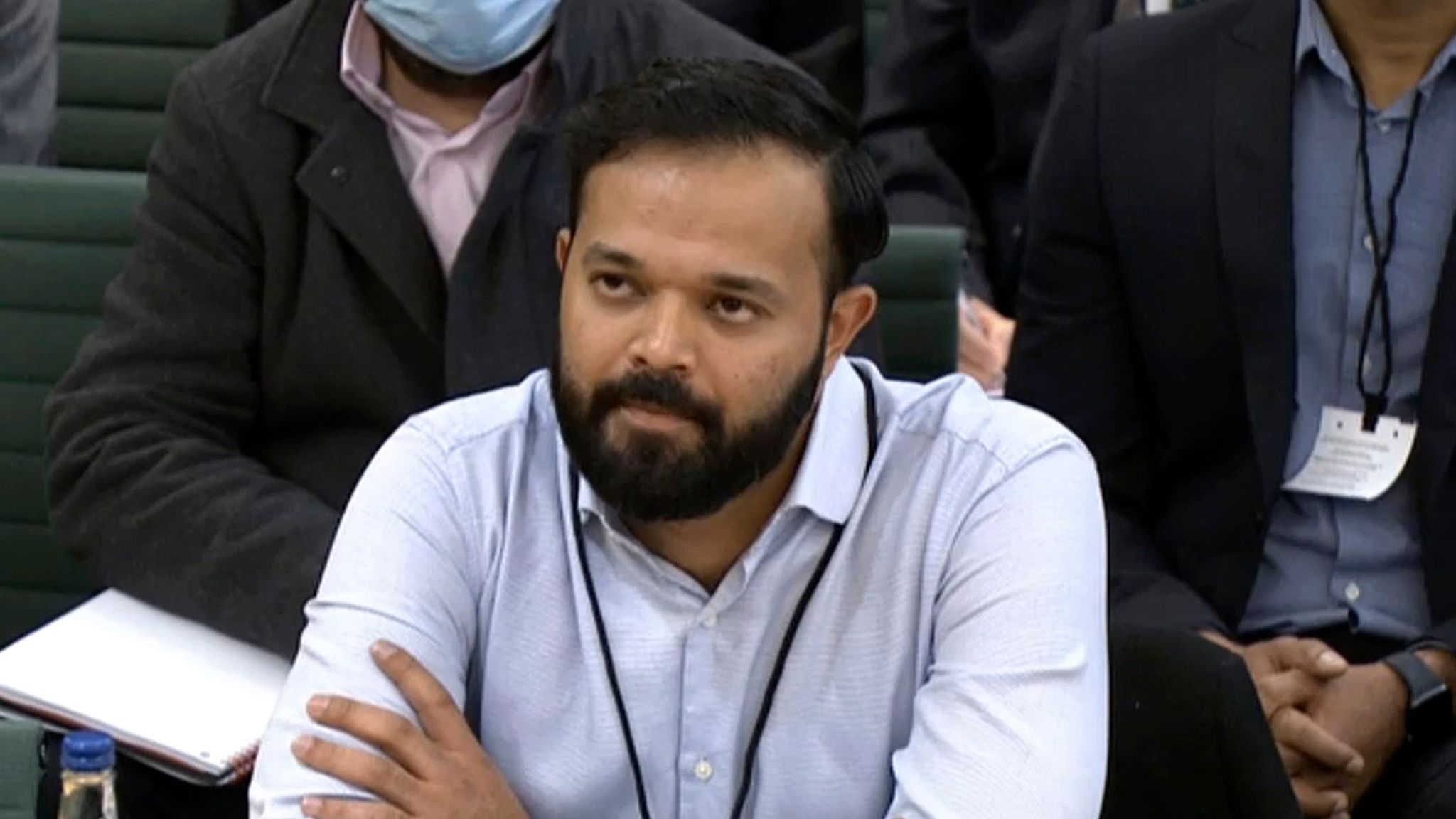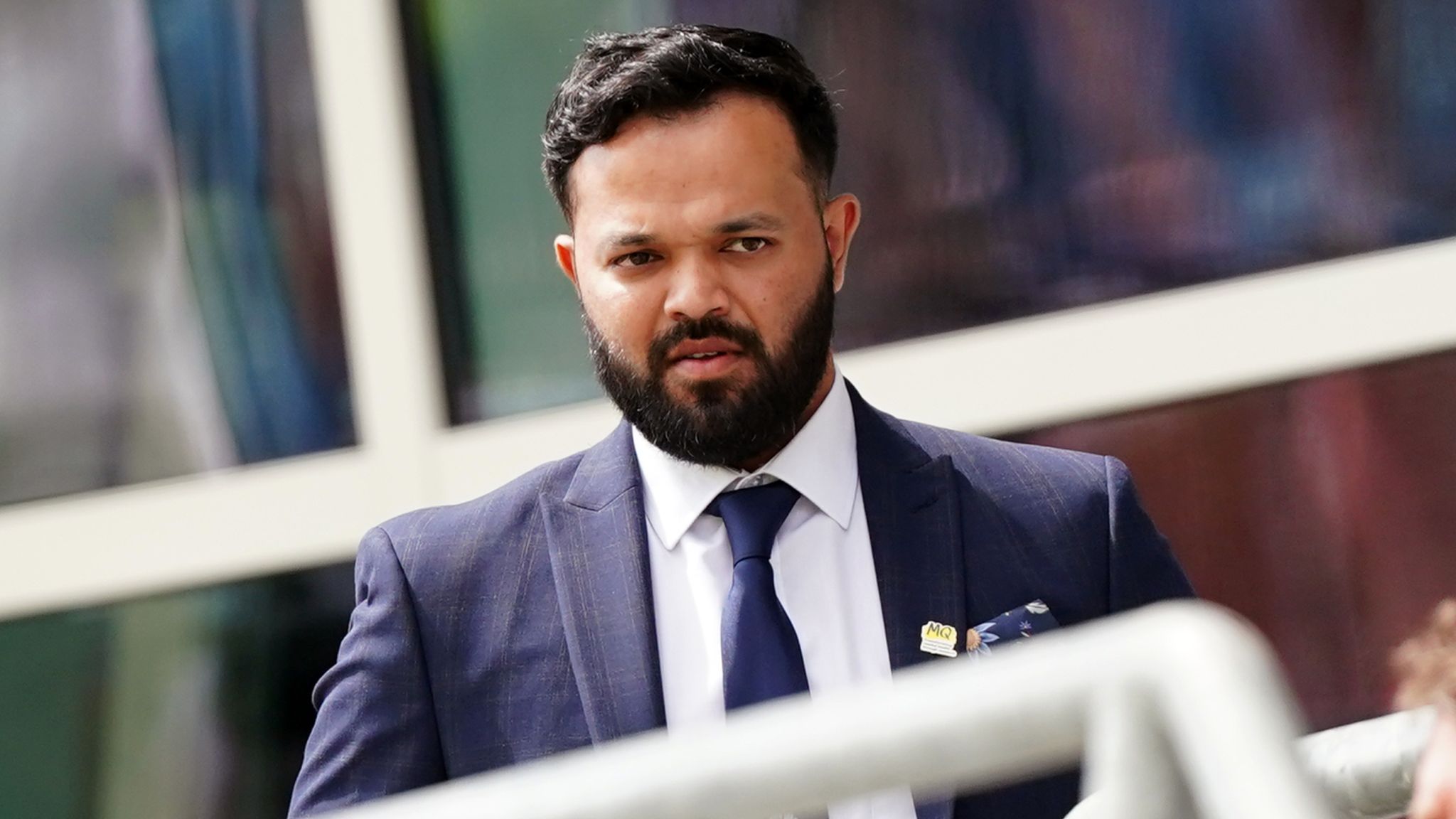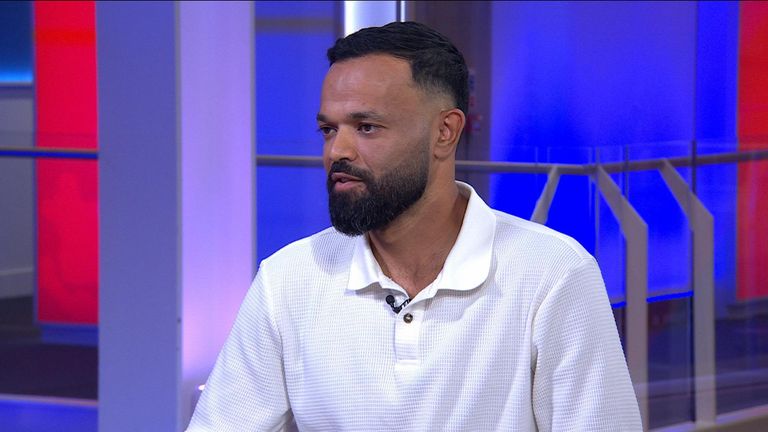Azeem Rafiq did not know the meaning of the word ‘whistleblowing’ until he had done it on the most public of stages when he called English cricket institutionally racist before the Digital, Culture, Media and Sport (DCMS) select committee in November 2021.
It was a moment that shook the world of English cricket.
At the time, Rafiq did not know that what he was doing was whistleblowing. All he wanted to do was speak about what he had experienced, and to let go of some of the pain he had felt from the years of racist abuse he had suffered at every stage of his career, in a sport he loved.
And now, after playing no professional cricket for five years, Rafiq is on a new path – a path of anti-racism and anti-discrimination, and he is determined to make a long-term impact for the sake of young South Asian boys and girls in Britain who he hopes will not have to face the racism that he endured during his cricket career.
“I got told whistleblowers never have a successful life after. I’m determined to change that,” he told Sky Sports News.
“That hour and 45 minutes changed my life. I guess I was a bit naïve to it all, and a little bit blasé about it; I didn’t really know what I was doing or going into.
“No matter what anyone says, there is a stigma to the word ‘whistleblowing’. It’s scary. But I’m going to embrace it.”
Almost three years on from speaking before the DCMS select committee, Rafiq says the conversations around racism in Britain “can be Black and white,” and that South Asians are “a forgotten race”.
The history of British South Asians “doesn’t even get taught”, he said, explaining he watched a recent documentary of British South Asian communities fighting violence from the far-right in the 1970s and found it “chilling”, namely because he knew nothing about the history.
“Every fight against discrimination is the same fight, and the more united we are, the more likely we are to get our respect,” the 33-year-old said.
“The Black Lives Matter movement was huge, and I was in awe of the Black community in the way they came together. I think it’s on us to make sure we do the same. Otherwise our kids are going to have these conversations.
“As a parent, it’s that choice – is that career ladder more important? Because that career ladder, if you’re looking the other way, could just be green-lighting racist abuse for your children.
“That’s the reality. And I know I put that a little bit bluntly, but you know, that is a choice.”
‘I didn’t want to carry [the pain] anymore’
Still, Rafiq has not been able to watch back his testimony but hopes that one day he will be able to. He said during the hearing it felt like pain was leaving his body.
“I’d been carrying it for such a long time. I just wanted to get it off my shoulders. I didn’t want to carry it on my own anymore.”
Rafiq made his first-team debut for Yorkshire as a teenager. He captained England at U15s and again at U19s, this time for a squad that included Joe Root, Jos Buttler and Ben Stokes. In 2012, he became the first player of Asian heritage to captain Yorkshire – as well as the youngest captain in the county’s history.
While Rafiq was one of the few who made it to the very top of the sport, with a career that looked set to be full of promise during his teenage years, he was already facing abuse from an early age.
As a 15-year-old, he was pinned down by a team-mate and forced to drink wine. Rafiq, who is often asked why it took him so long to speak out about the racism he experienced through his cricket career, explains that if he had told his family that he was experiencing this kind of abuse he would have never been able to continue playing the sport.
‘A bit of Karachi and a bit of Barnsley’
When appearing before the DCMS select committee in 2021, Rafiq was asked how he summoned the strength to be there, and replied: “I don’t know. I have a bit of Karachi and bit of Barnsley in me. I know that the pain that I went through for those few months, no one can ever, ever put me through that pain again.”
But since speaking out about the racism he suffered, Rafiq has been forced to leave the UK – specifically his hometown of Barnsley, where he moved with his family from Karachi, Pakistan at the age of 10 – due to the death threats and abuse that have ensued.
His sister, who worked at Yorkshire Cricket Club, left her role after being told that the club could “no longer guarantee her safety”. Human faeces was also left in his parents’ garden and a man physically stalked his house in Barnsley. So in 2022, Rafiq and his family moved to Dubai.
“It got to a point where I was just waiting for something really bad to happen,” he told Sky Sports News.
“It only takes two minutes to go into the replies of anything I tweet and they’re pretty much predominantly from a place that I’ve called home for 21 years, and that hurts.”
But despite all of that, Rafiq is still “incredibly proud” of being from both Karachi and Barnsley, even if he does feel his Britishness is questioned.
“Moving countries at a young age and seeing some of the things I’ve seen has built a lot of strength within me,” he said.
“You’re constantly having to justify your upbringing and the British part of your upbringing. It gets to a point where you’re like, ‘you know what? Maybe I’m just not welcome.’ I find it really difficult to think that I’ll ever live back in Yorkshire.
“I will never change standing up against racism. And if people have got a problem with that, then that’s on them.”
‘I don’t want people to feel sorry for me’
Rafiq says he doesn’t miss cricket, partially because he has “fallen in love with running”.
“You have to keep finding a method, a routine to try to decompress,” he said, explaining that within this new world of anti-racism he finds himself in, he feels lucky to have found a purpose.
“People go their whole lives without having a purpose. And at the age of 33, this drives me out of bed.
“I get emotional, I’m sensitive, but I don’t want people to feel sorry for me. I don’t want anyone’s sympathy. I just want people to make sure they fight and stop this happening to their own kids.”
Since the DCMS hearing, a time when Rafiq says he was physically drained and taking antidepressants, he has had therapy and learnt more and more about his own mental health.
“[Therapy] has been incredible for me. I’m in a better space,” he said.
“There’s no sort of, ‘you’ve cracked it’ type thing – whether it’s mental health or fighting against racism. It’s a constant battle and you’re battling in a lot of different directions at the same time.
“But if it makes an impact in one person’s life in the positive, then yeah, it’s something I hold a lot of pride in.”
Source : Sky Sports














